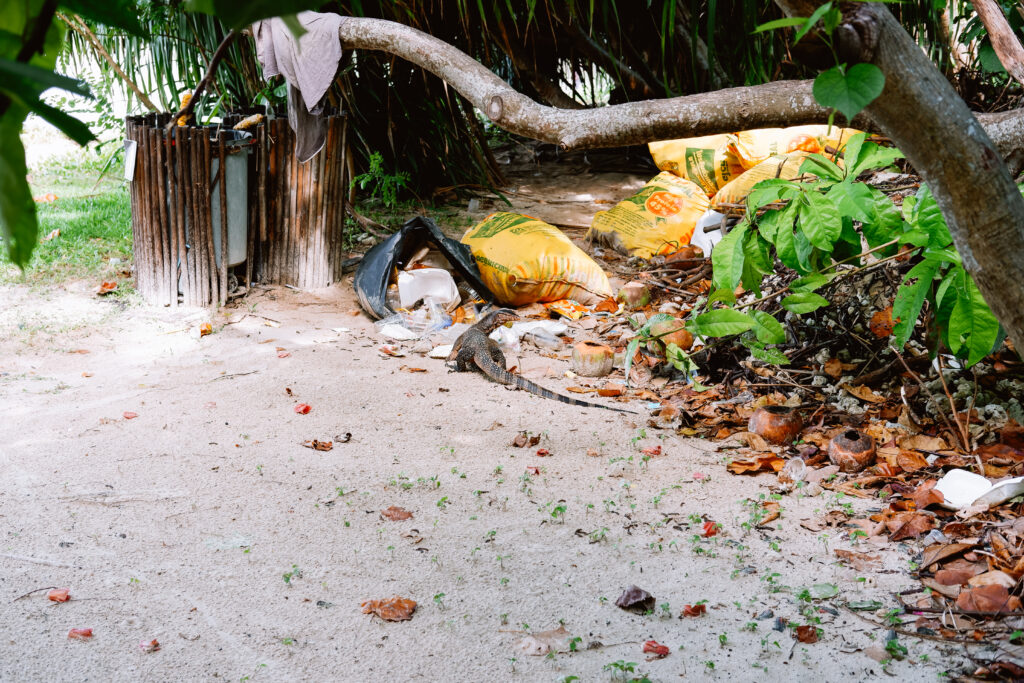Chemical Treatment in Filter Apparatus Cleaning
페이지 정보
작성자 Nate 작성일25-04-01 17:32 조회2회 댓글0건관련링크
본문
Industrial treatment is a crucial phase in the cleaning operation of filter equipment. Periodic cleaning and cleaning of press presses are essential to ensure efficient performance, preserve process standard, and extend the lifetime of the equipment. In this article, we will examine the role of chemical treatment in filter maintenance and offer guidance on the choice and use of maintenance agents.
 Why Industrial Process is Required
Why Industrial Process is Required
Filter presses are prone to pollution and clogging due to the nature of the substances being treated. Sludge and various waste can gather on the frames, lowering the equipment's operating degree and compromising process quality. If left unaddressed, these contaminants can lead to equipment failure, idle, and costly repairs.
Industrial process is a vital part of filter cleaning because it permits operators to effectively dissolve and eliminate stubborn contaminants. Agents can penetrate and dissolve persistent residue, making it easier to maintain the equipment and restore its previous performance degree.
Sorts of Agents Used in filter press suppliers in india Maintenance
There are various kinds of chemicals that can be used for press cleaning, including:
1. Degreasers: These chemicals are efficient at breaking down and eliminating oily and other pollutants that can gather on the plates.
2. Breaking down chemicals: These chemicals help to break down and emulsify oil-based pollutants, making it easier to maintain the apparatus.
3. Baking soda: These alkaline agents can be used to break down and eliminate acidic contaminants, such as corrosion and corrosion.
4. Biological cleaners: These agents include natural enzymes that can break down and process organic contaminants, such as carbohydrates and carbohydrates.
Considerations to Evaluate When Selecting Chemicals
When selecting chemicals for press cleaning, users must consider several factors, including:
1. Type of pollutants: Operators must select agents that are efficient at removing the specific kinds of contaminants existing on the apparatus.
2. Surface corrosion-resistance: Agents must be non-corrosive with the substances used in the filter, such as polypropylene.
3. Concentration: Operators must follow the recommended mixing ratio to ensure effective maintenance without causing damage to the equipment.
4. Personal protective equipment (PPE): Operators must don personal protective equipment to prevent hazards to hazardous agents.
Recommendations for Chemical Process
To guarantee efficient and safe chemical treatment, operators should follow these recommendations:
1. Always read and follow the manufacturer's guidelines for the selected chemicals.
2. apply the recommended concentration to prevent under-dosing.
3. Pre-clean the apparatus before applying chemicals to remove loose contaminants.
4. Use chemicals in a adequately ventilated area to mitigate inhaling hazards and avoiding exposure to hazardous agents.
5. Test the maintenance product on a small hidden area before applying it to the complete equipment.
Conclusion
Chemical treatment is a critical part of press equipment cleaning. Operators must choose the correct chemicals for the specific contaminants existing, adhere the recommended mixing ratio, and take necessary safety precautions to mitigate hazards to toxic agents. By following these guidelines, users can guarantee efficient cleaning of filter equipment, preserve product standard, and extend its lifespan.
 Why Industrial Process is Required
Why Industrial Process is RequiredFilter presses are prone to pollution and clogging due to the nature of the substances being treated. Sludge and various waste can gather on the frames, lowering the equipment's operating degree and compromising process quality. If left unaddressed, these contaminants can lead to equipment failure, idle, and costly repairs.
Industrial process is a vital part of filter cleaning because it permits operators to effectively dissolve and eliminate stubborn contaminants. Agents can penetrate and dissolve persistent residue, making it easier to maintain the equipment and restore its previous performance degree.
Sorts of Agents Used in filter press suppliers in india Maintenance
There are various kinds of chemicals that can be used for press cleaning, including:
1. Degreasers: These chemicals are efficient at breaking down and eliminating oily and other pollutants that can gather on the plates.
2. Breaking down chemicals: These chemicals help to break down and emulsify oil-based pollutants, making it easier to maintain the apparatus.
3. Baking soda: These alkaline agents can be used to break down and eliminate acidic contaminants, such as corrosion and corrosion.
4. Biological cleaners: These agents include natural enzymes that can break down and process organic contaminants, such as carbohydrates and carbohydrates.
Considerations to Evaluate When Selecting Chemicals
When selecting chemicals for press cleaning, users must consider several factors, including:
1. Type of pollutants: Operators must select agents that are efficient at removing the specific kinds of contaminants existing on the apparatus.
2. Surface corrosion-resistance: Agents must be non-corrosive with the substances used in the filter, such as polypropylene.
3. Concentration: Operators must follow the recommended mixing ratio to ensure effective maintenance without causing damage to the equipment.
4. Personal protective equipment (PPE): Operators must don personal protective equipment to prevent hazards to hazardous agents.
Recommendations for Chemical Process
To guarantee efficient and safe chemical treatment, operators should follow these recommendations:
1. Always read and follow the manufacturer's guidelines for the selected chemicals.
2. apply the recommended concentration to prevent under-dosing.
3. Pre-clean the apparatus before applying chemicals to remove loose contaminants.
4. Use chemicals in a adequately ventilated area to mitigate inhaling hazards and avoiding exposure to hazardous agents.
5. Test the maintenance product on a small hidden area before applying it to the complete equipment.
Conclusion
Chemical treatment is a critical part of press equipment cleaning. Operators must choose the correct chemicals for the specific contaminants existing, adhere the recommended mixing ratio, and take necessary safety precautions to mitigate hazards to toxic agents. By following these guidelines, users can guarantee efficient cleaning of filter equipment, preserve product standard, and extend its lifespan.
댓글목록
등록된 댓글이 없습니다.









